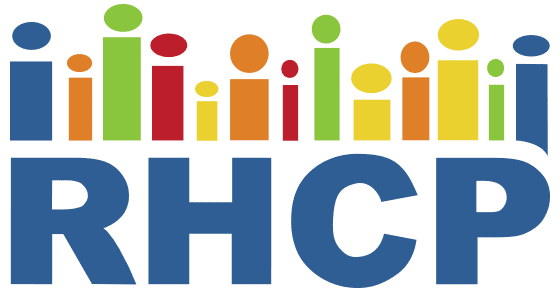Pilot Social Network Weight Loss Intervention With Two Immigrant Populations During the COVID-19 Pandemic
American Journal of Health Promotion 2022, Vol. 0(0) 1–14 © The Author(s) 2022
Abstract
Purpose: To examine the feasibility and acceptability of a social network weight loss intervention delivered by lay health promoters (HPs) to immigrant populations.
Design: Single-arm, non-randomized, pilot study of a social network weight loss intervention developed by a community-based participatory research partnership and delivered by HPs. Setting: Community-based setting in Southeastern Minnesota, United States.
Sample: Somali and Hispanic immigrants to the United States: 4 social networks of adults (2 Hispanic and 2 Somali) with 39 network participants.
Intervention: Twelve-week behavioral weight loss intervention delivered by HPs (4 weeks in-person and then 8 weeks virtual).
Measures: Feasibility was assessed by recruitment and retention rates. Acceptability was assessed by surveys and focus groups with HPs and participants. Behavioral measures included servings of fruits and vegetables, drinking soda, and physical activity. Physiologic measures included weight, blood pressure, glucose, cholesterol, and triglycerides.
Analysis: Paired t-tests of pre- to post-intervention changes at the end of 12 weeks of treatment.
Results: Recruitment was feasible and post-intervention was 100%. Participants highly rated the intervention on satisfaction, motivation, and confidence to eat a healthy diet, be physically active, and lose weight. Participants were motivated by group social support and cohesion of their social networks. On average, participants lost weight (91.6 ± 15.9 to 89.7 ± 16.6 kg, P <.0001), lowered their systolic blood pressure (133.9±16.9 to 127.2 ± 15.8 mm Hg; P < .001), lowered their diastolic blood pressure (81 ± 9.5 to 75.8 ± 9.6 mm Hg; P < .0001), had more servings of vegetables per day (1.9 ± 1.2 to 2.6 ± 1.4; P < .001), and increased their physical activity (2690 ± 3231 to 6595 ± 7322 MET-minutes per week; P = .02).
Conclusion: This pilot study of 2 immigrant communities who participated in a peer-led weight loss social network intervention delivered during the COVID-19 pandemic demonstrated high feasibility and acceptability. Participants lost weight, improved their health status, and improved their health behaviors.

